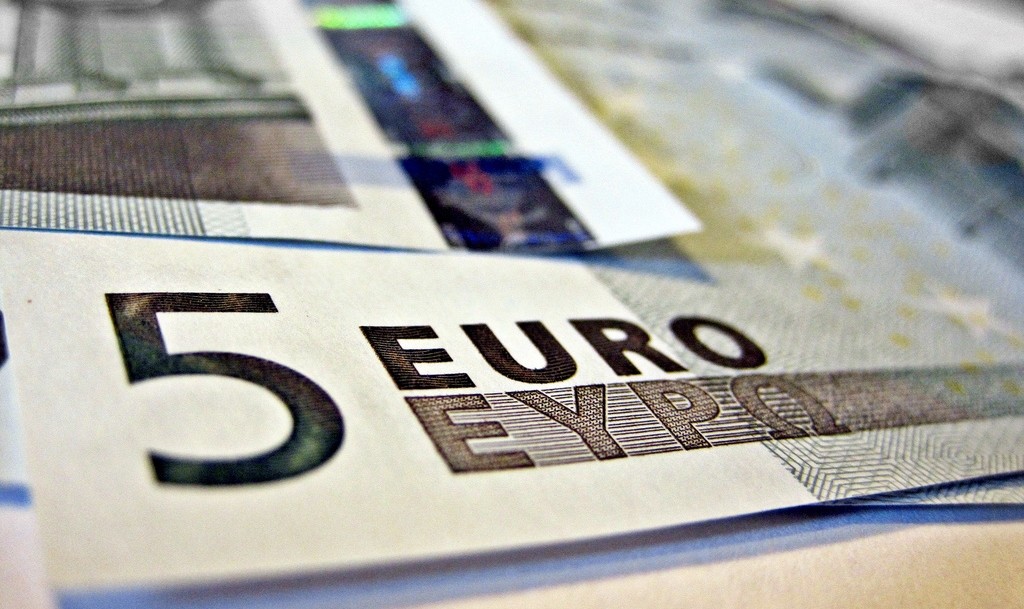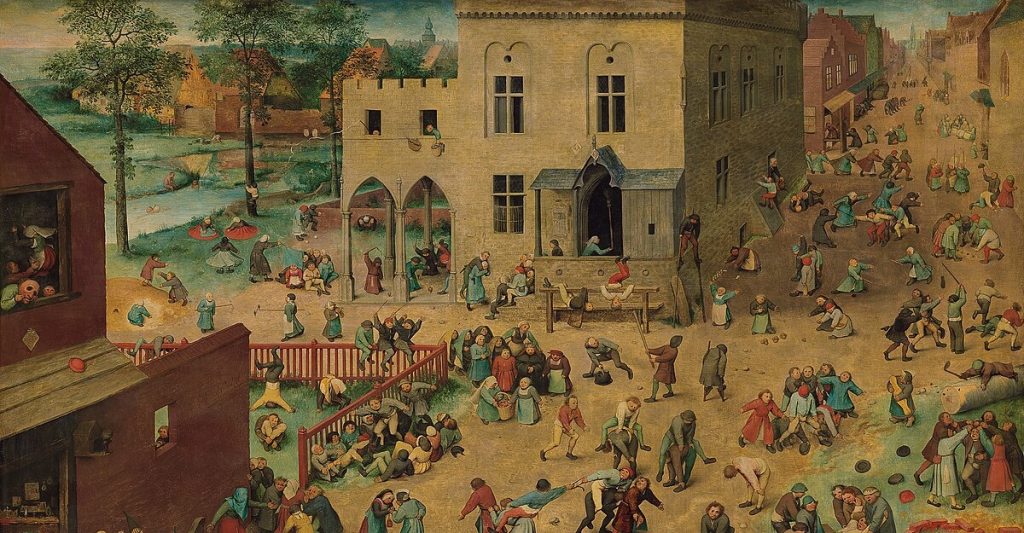
What New Polish Government Can and Should Do for Entrepreneurs
BY
Economic Freedom Foundation / January 23, 2024
Donald Tusk outlined priorities for the Polish government for the next months. In his expose, he paid a lot of attention to entrepreneurs, promising to limit inspections of micro-entrepreneurs, introduce a cash-based personal income tax for entrepreneurs settling this tax with the tax authorities, and a vacation for entrepreneurs, i.e. one month a year free of social security contributions and a benefit of half the minimum wage.











